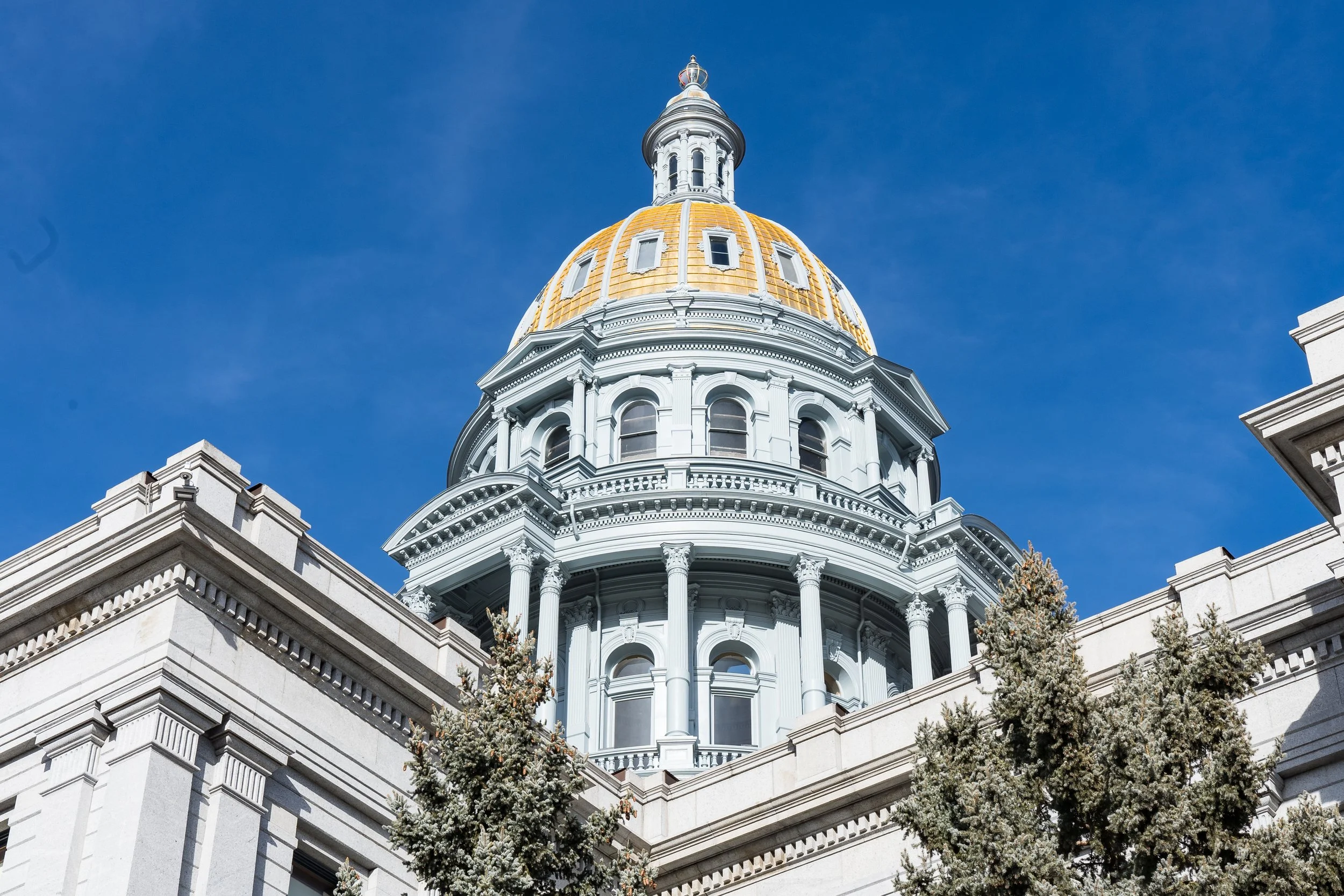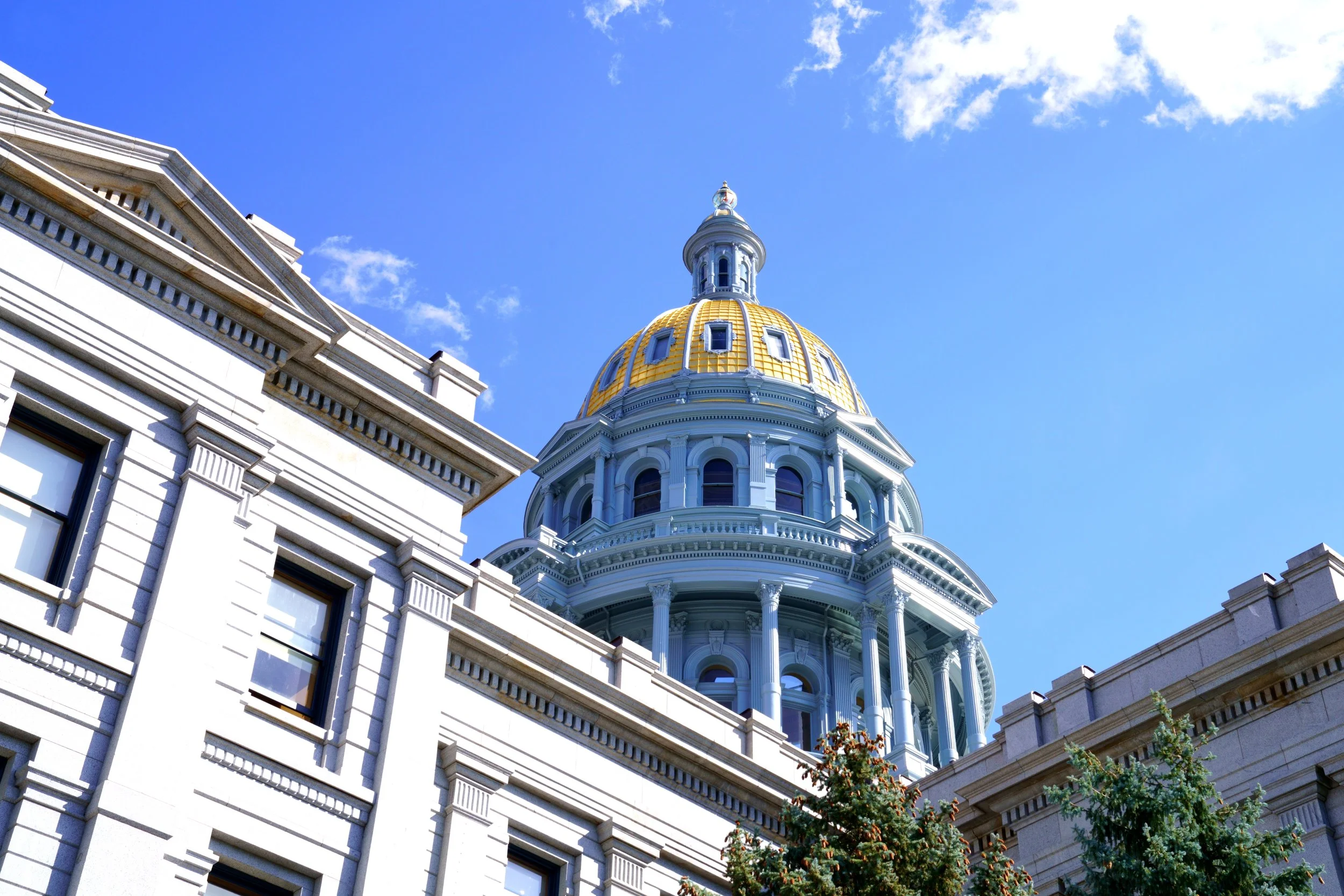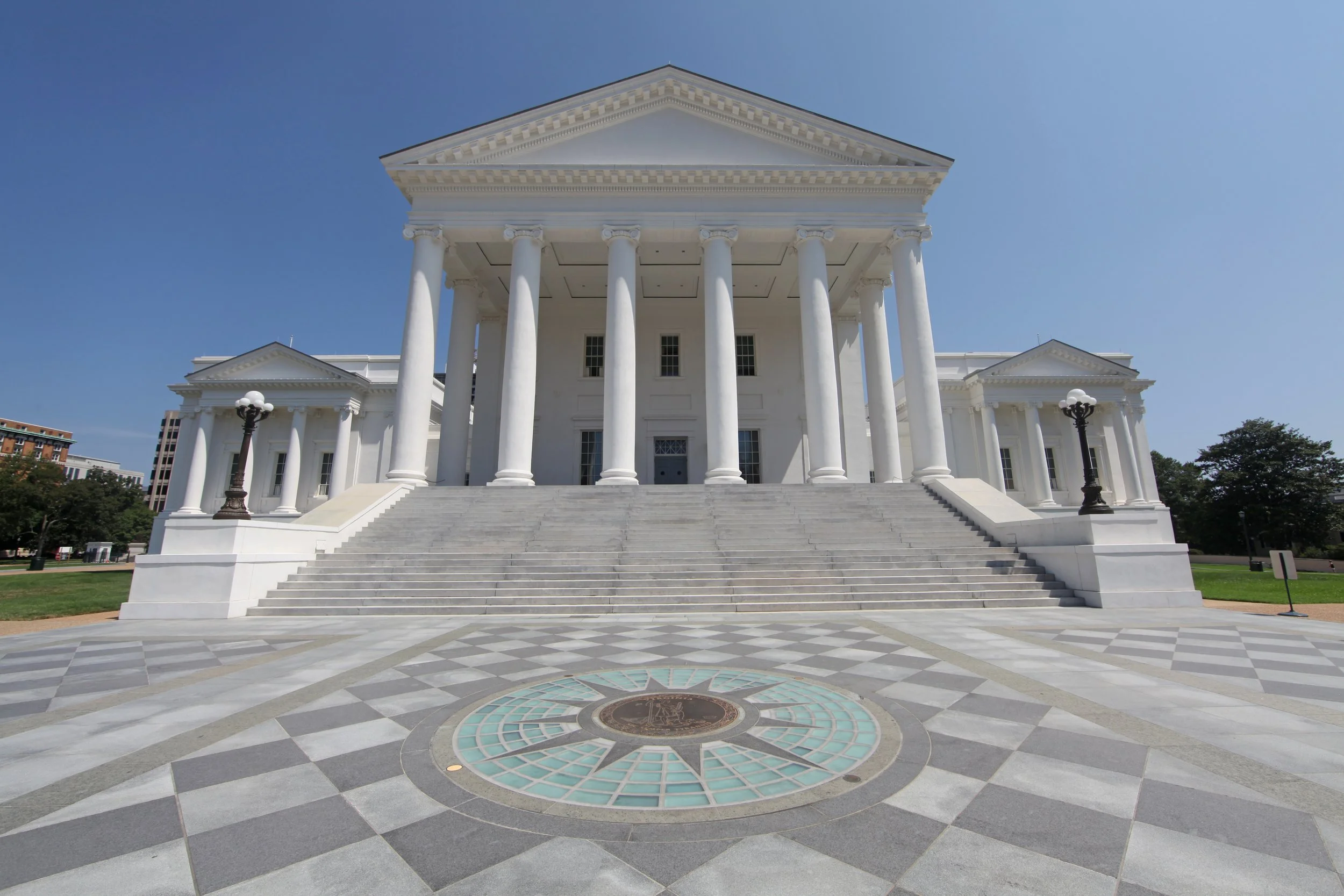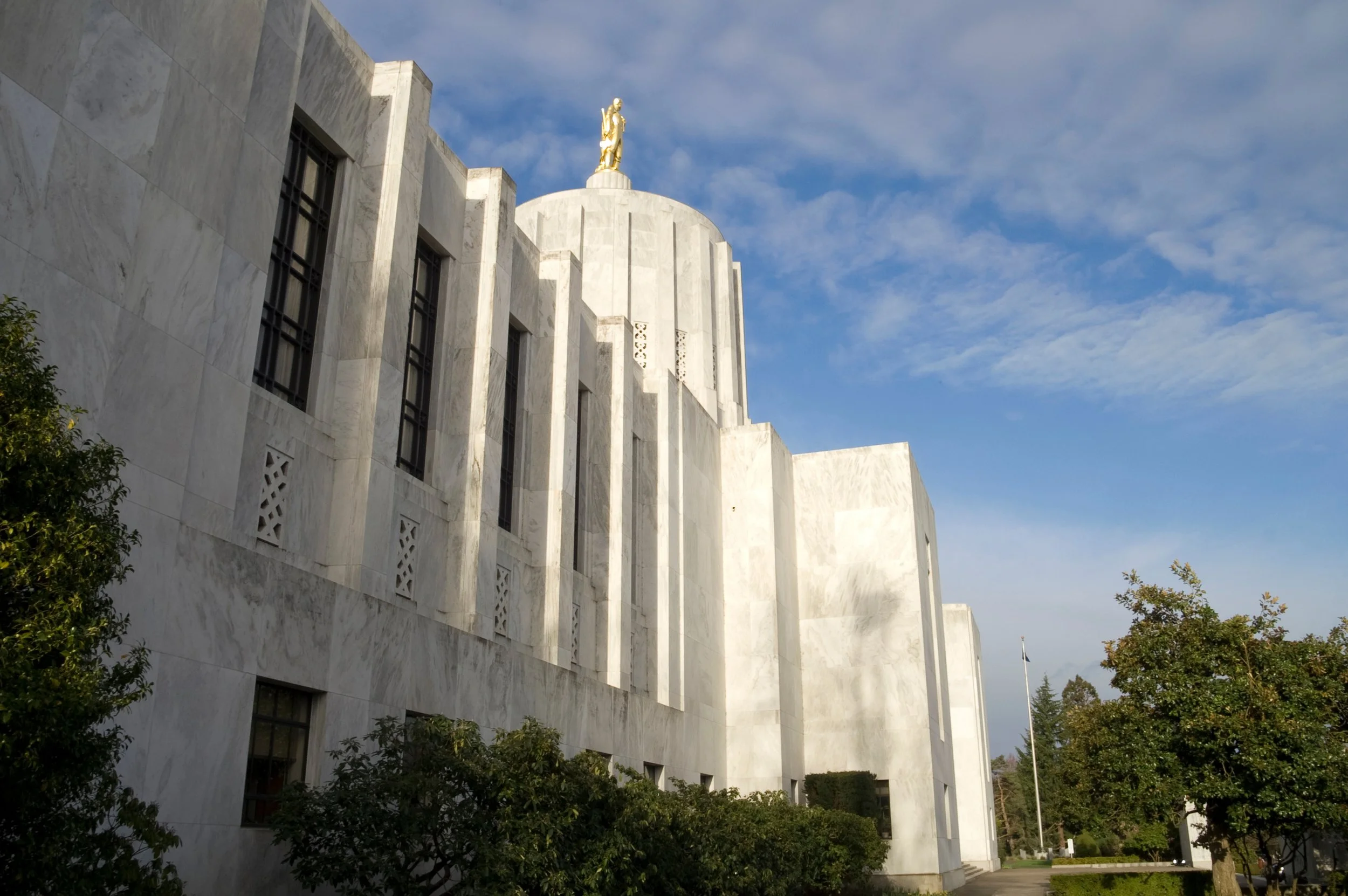Here's What Prescription Drug Affordability Boards Have Been Doing in 2025 (Upls, Affordability Reviews, and Expanded Authority)
Colorado finalized the nation's first prescription drug upper payment limit, capping Enbrel at $600 per dose effective January 2027. Maryland conducted affordability reviews on four drugs and voted to set UPLs for Jardiance and Farxiga. Oregon reviewed 23 drugs with final recommendations expected March 2026, while Washington and Minnesota prepared for upcoming reviews.
Colorado’s PDAB Faces Second Legal Challenge Over Drug Pricing
Amgen filed a second lawsuit against Colorado's Prescription Drug Affordability Board in October, challenging the board's authority to set upper payment limits after it established a $600 per unit limit on Enbrel based on Medicare pricing. The manufacturer argues the limits violate federal patent laws and due process, with the case potentially influencing similar drug pricing policies in Maryland, Minnesota, and Washington.
Colorado Adopts Nation’s First Upper Payment Limit for a Prescription Drug
Colorado's Prescription Drug Affordability Board finalized the first-ever upper payment limit for a prescription drug, capping Enbrel at $600 per 50mg/mL effective January 2027. The biologic treats autoimmune diseases and was deemed unaffordable in February 2024. Colorado joins Maryland, Washington, and Minnesota as states with price-setting authority, while Maryland considers limits for diabetes drugs Jardiance and Farxiga.
PDABs and UPLs: What They Are and Why They Matter for Drug Pricing Policy
States Expand Prescription Drug Affordability Boards to Combat Rising Costs
Eleven states have established Prescription Drug Affordability Boards (PDABs) to address prescription drug costs, with four states authorizing upper payment limits (UPLs) though none implemented yet. Virginia's governor vetoed PDAB legislation for the second consecutive year, while Maryland expanded UPL authority. Colorado's PDAB survived a constitutional challenge from a drug manufacturer, with the court dismissing the case in March 2025.
Court Dismisses Challenge to Colorado Prescription Drug Affordability Board
The ruling is significant as it maintains the viability of PDABs and UPLs as a policy solution for states to address prescription drug costs. PDABs in Colorado, Maryland, Minnesota, and Washington have UPL authority, and as they move through the process of implementing UPLs, other states will be monitoring the impact and whether it is an effective approach to lower prices for consumers.
Health Policy Rollup: State Action We’re Watching in April 2025
Legislation we’re watching this month, including Certificate of Need in Mississippi, facility fees in Oregon, Medicaid reform in Indiana, and more.
Virginia and Utah Legislative Sessions Just Wrapped — Here Are the Health Policy Takeaways
Virginia and Utah wrapped up their sessions with significant healthcare legislation. Both states enrolled legislation that stands to have significant influences to the state of healthcare delivery and coverage and public health.
States Take Action on Upper Payment Limits to Address Prescription Drug Affordability
With rising prescription drug costs a concern for consumers, state legislatures have taken an array of actions to contain costs. In recent years the establishment of Prescription Drug Affordability Boards (PDABs) has emerged as a strategy across the country. Eleven states have established a PDAB or a similar drug cost control entity. PDABs in four states (Colorado, Maryland, Minnesota, and Washington) have the authority to set upper payment limits (UPLs) on prescription drugs they determine to be unaffordable after review.








